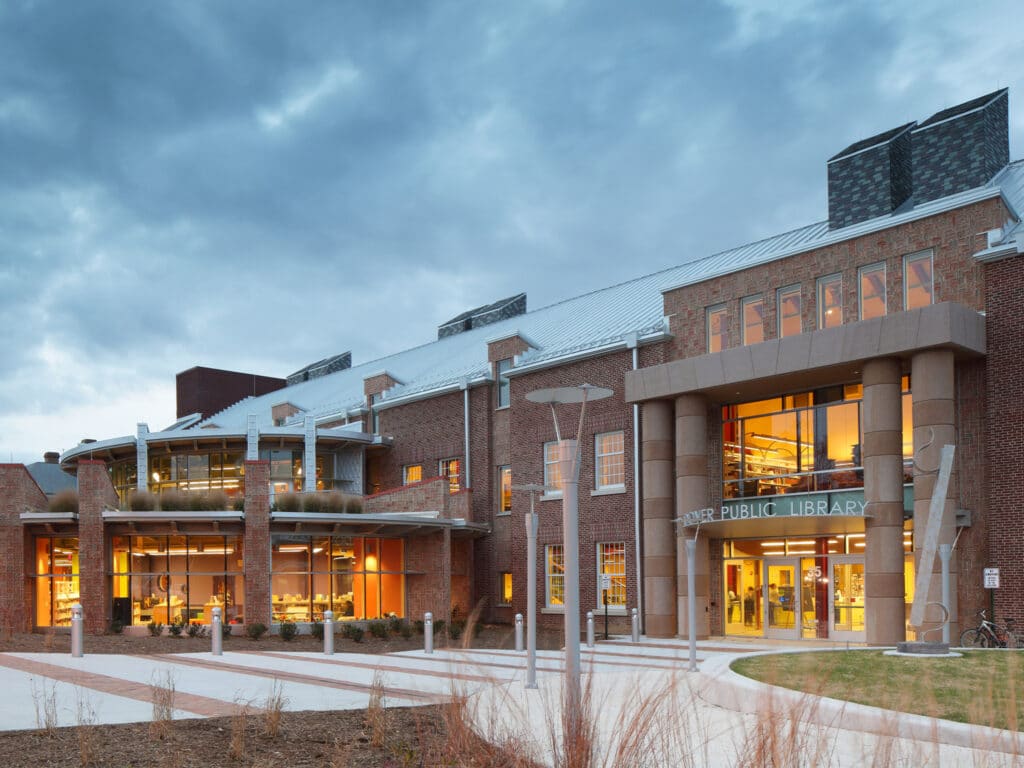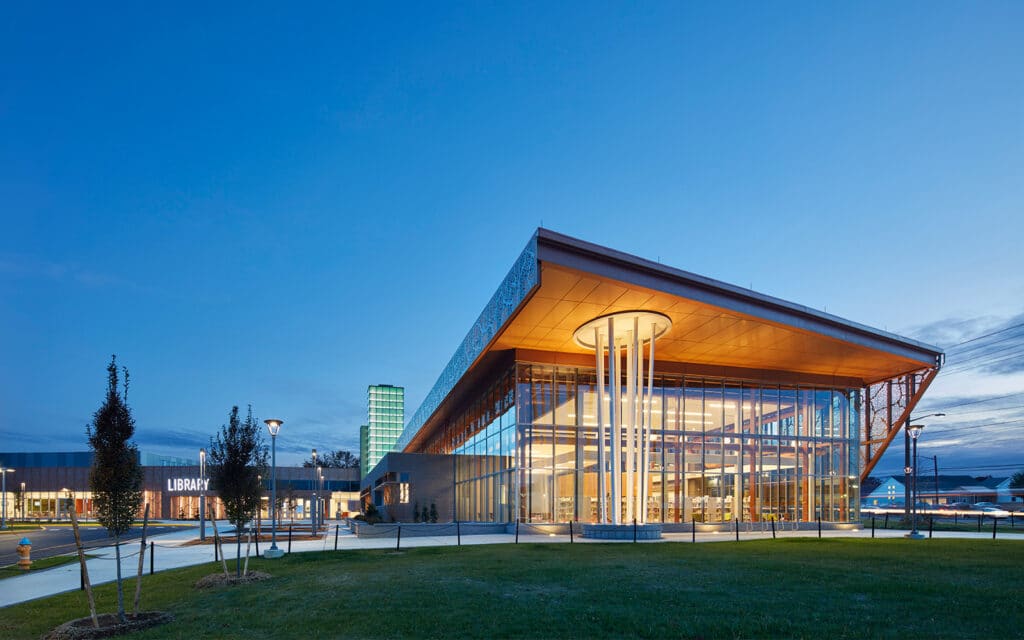EDiS Tenure – 20 years
Position – Vice President and Operations Manager
To become licensed, engineers must complete a four-year college degree, work under a Professional Engineer for at least four years, pass two intensive competency exams, and earn a license from their state’s licensure board. Then, to retain their licenses, PEs must continually maintain and improve their skills throughout their careers.
Why did engineering interest you and how would you recommend others get involved?
I first went to a middle school that was centered around STEM. Back then it was more of a rarity. Then I was able to get into a STEM high school in Philadelphia which was one of the first charter schools that really focused on engineering. I love figuring things out, I’ve always had that curiosity. I chose civil engineering specifically because you get to see the fruits of your labor. My advice for getting into the engineering world? Start early.
How long did it take you to get your Professional Engineering certification (PE) and why was it worth it?
I took the EIT as soon as I was eligible which is a precursor to becoming a PE. To get your PE you actually have to work under another PE for a certain amount of time. I was working for the United States Army Corps of Engineers and it was part of my professional development. I worked under Gus Rambo who taught me how to be practical with no nonsense. It took me about three years to get my PE, I actually passed my first go around. It’s having those extra letters after your name that shows you’ve put in the time and effort to improve your knowledge and skills in the engineering community. It says something important, it says you have what it takes to get the job done right. Definitely worth the work.
What was your favorite project design wise that you’ve worked on?
Well some of my favorite projects are the Route 9 Library, Fairview Campus, Delaware State Student Center, and Sussex Central High School a whiles back. But my favorite is definitely the Dover Library, it was the first new library in downtown Dover that allowed us to connect directly with the city. It was a challenging project considering it was up for LEED Gold certification, it had a lot more engineering constraints on it than the usual project. It certainly wasn’t a typical building and that’s what made it great.


Why is it important that we have more engineers in the work force?
As a civil engineer, I think civil engineers in particular look at things that have a direct impact on the better parts of our society. Having more qualified engineers that are able to look toward our future, look toward cutting-edge technology, windmills, solar energy, sewage even, all these things that improve our environment and our well-being as people are important.




